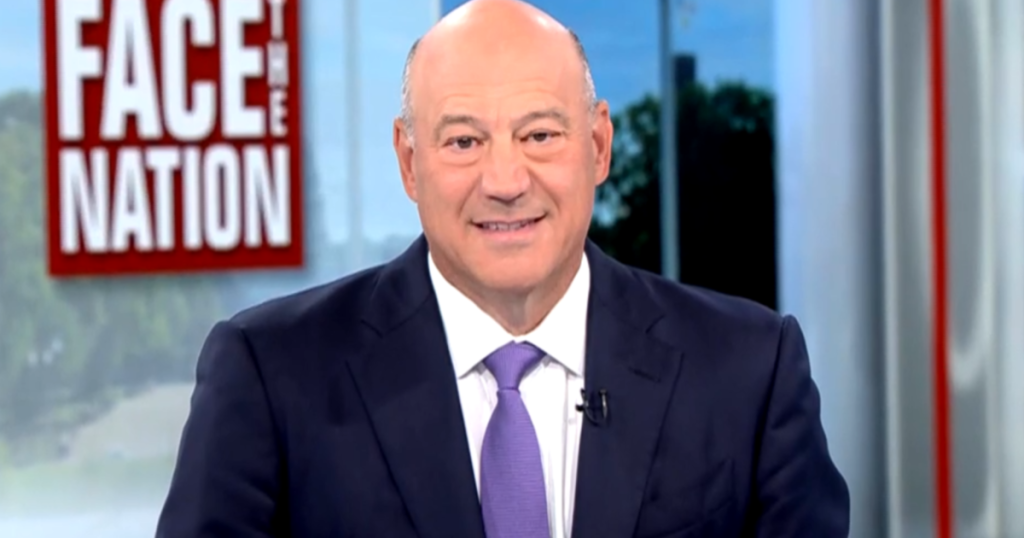As the November presidential election draws near, the economy continues to be a key issue for voters. Former President Trump’s proposed economic plan includes blanket tariffs on all imports into the United States, with specific tariffs on imports from China and other nations. Trump has emphasized the need for other countries to pay the United States back for its contributions to the world. Republican vice-presidential nominee Sen. JD Vance also supports tariffs as a way to provide tax cuts to American workers and penalize companies that ship jobs overseas. While these tariffs could potentially cover the cost of tax cuts, some experts warn that they could lead to inflation and negatively impact progress.
Gary Cohn, the former chief economic adviser to President Trump, expressed his support for tariffs on Chinese imports of products that the U.S. also produces, such as electric vehicles. However, he cautioned against imposing tariffs on products that are not manufactured in the U.S., as it could lead to inflation. Cohn highlighted the importance of a methodical approach to tariffs and cited the CHIPS Act as a competitive strategy in the semiconductor industry. The CHIPS Act, initially developed by the Trump administration, aims to fund domestic production of semiconductors and reduce reliance on foreign imports.
As both presidential candidates outline their economic agendas, the United States Federal Reserve is expected to announce its first interest rate cut in over four years. Economists have raised concerns about Trump’s proposed tax cuts and immigration policies potentially leading to inflation. Mark Zandi, chief economist of Moody’s Analytics, warned that if Trump’s policies are implemented, consumers could face significant inflationary pressures in the future. The Fed may need to keep its benchmark interest rates higher for longer to combat inflation resulting from Trump’s economic policies.
The debate over tariffs and their impact on the economy is likely to continue as the election approaches. Both candidates have outlined their approaches to tariffs as part of their broader economic plans. Trump’s focus on tariffs as a means to provide tax cuts and protect American workers contrasts with Biden’s emphasis on raising corporate taxes to fund social programs. The outcome of the election and the subsequent economic policies implemented will have far-reaching implications for the U.S. economy and its global relations. It remains to be seen how the Federal Reserve and other economic institutions will respond to these proposed policies in the coming months.


